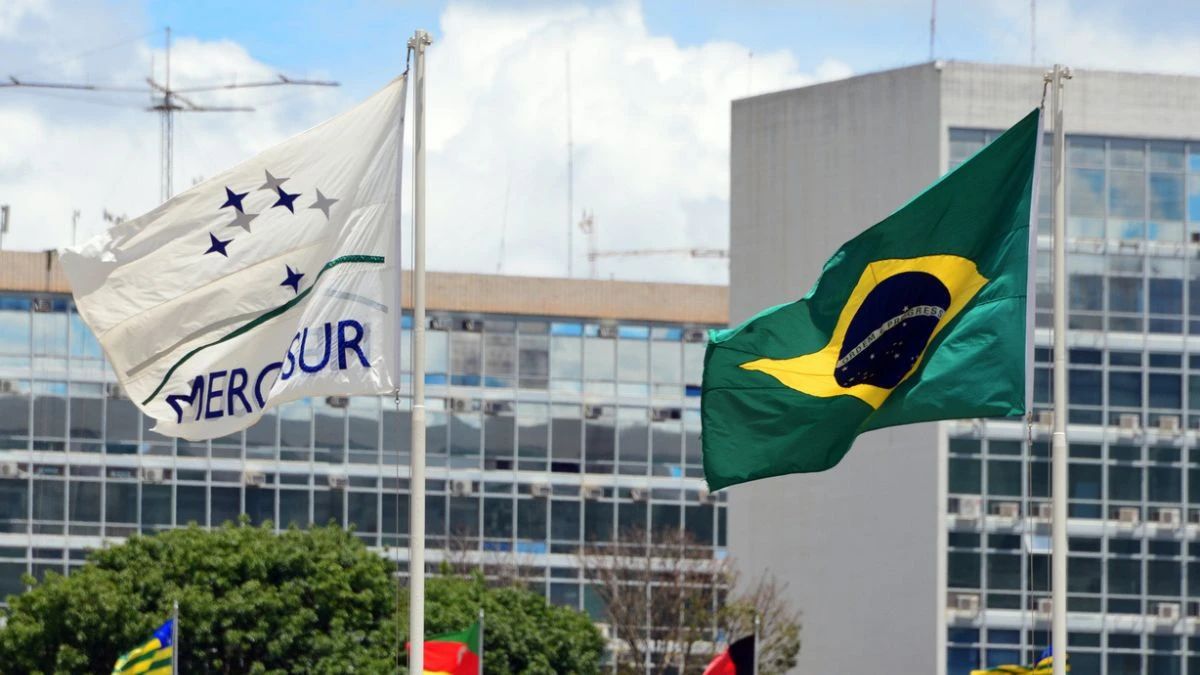
This week, Brazil will officially assume the rotating presidency of the Southern Common Market (Mercosur). During this term, President Lula hopes to promote a free trade agreement between Mercosur and the European Union and strengthen bilateral economic cooperation in key industries such as automobiles, sugarcane refining for sugar, and ethanol.
Lula will travel to Buenos Aires, the capital of Argentina, on July 2 to attend the Mercosur Summit of Heads of State and Associated Countries. Brazil will take over the rotating presidency on July 3 from Argentina. This will be Lula's first visit to the neighboring country since President Fernández took office.
According to Zhongjin's understanding, Mercosur is a political and economic alliance of South American countries aimed at promoting regional integration among member states and facilitating free trade in goods, services, and production.
Currently, Mercosur's full members include Argentina, Brazil, Paraguay, and Uruguay, with Bolivia in the process of joining. Mercosur also has several associate members, including Chile, Colombia, Ecuador, Guyana, Panama, Peru, and Suriname. According to statistics from the Brazilian Ministry of Foreign Affairs, trade between Mercosur member countries from January to May 2025 has reached 175 billion Brazilian reals.
During this rotating presidency, Brazil will focus on promoting trade between Mercosur and EU countries in the automotive, sugarcane sugar, and ethanol industries. Additionally, the Lula government will continue its efforts to expedite the signing of a free trade agreement between Mercosur and the EU. Recently, Lula met with French President Macron to accelerate the negotiation process.
Experts suggest that while the agreement may not be formally signed in the short term, significant progress has been made in the environmental sector under Lula's administration. Negotiations for a free trade agreement between Mercosur and the EU have been ongoing for 20 years. Despite signs of acceleration during the Temer administration, concerns from countries like France, Ireland, and Spain regarding environmental clauses have hindered the negotiations. These countries are worried about potential economic losses to their agriculture due to the agreement.
Eduardo Galvão, a professor of International Relations at Ibmec University in Brasília, noted that Mercosur countries also fear the impact of the agreement on their local industries and are concerned about the EU's stringent environmental standards. In addition to the EU, Mercosur is in initial discussions with countries like Japan and Indonesia to explore expanding trade relations.
